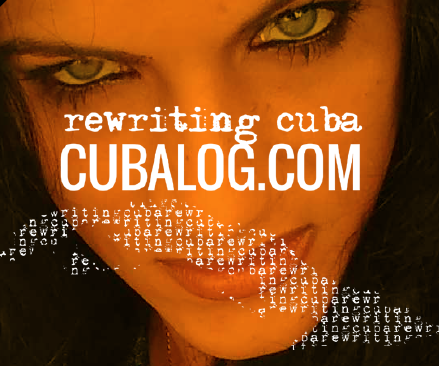
Empowering the voiceless, increasing the power of belonging and translating people’s power into action represents what citizen participation is in a democracy, but above all, in Cuba, it represents the long-lasting effects two recent protests will have in the collective memory of the country.
On April 7th 2019 the first independent march authorized by the Cuban government took place in Havana to fight against animal abuse, followed shortly after by the LGBT pride parade which for 11 years was one of the very few rallies allowed by the government, however, in 2019, the state-run National Center for Sex Education (CENESEX) and organizers of the pride parade cancelled the demonstration, but activists decided to organize their own, unauthorized march, defying restrictions on freedom of assembly imposed by the government. The latest was met with state repression and arbitrary arrest of activists and the first, even though was duly and timely authorized, was met with a more subtle repression represented by the dismissal of the government officer who authorized it, showing the two-sided repressive mechanism of the Cuban government.
All over the world peaceful protests met with state repression triggered civil society resentment and increased the participation in political sphere, moving the cycle of empowerment, participation and representation. In Cuba, it was not different and in this issue of Rewriting Cuba some of those who contributed to the recent protests have a space to voice what it meant (and still means) to reclaim the streets.
Regardless of the why, who or what was the protests about, the taste of enjoying the public space is there and it is not going away.
Download the bulletin here.

Leave a comment